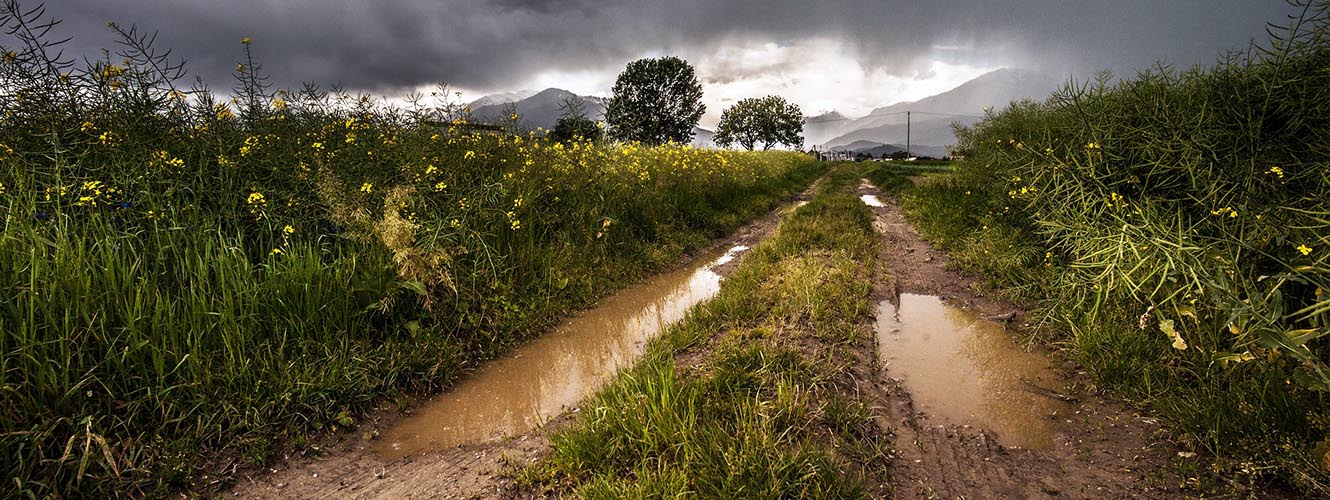
As the wet weather of recent months impacts farmers trying to meet their crop diversification requirements for subsidy claims, Associate Matthew Ayres takes a look at the evidence you can start gathering to argue your case.
It has been a challenging autumn and early part of winter in respect to the harsh weather and with soils already saturated, making land impassable, this could have an impact on farmers meeting their crop diversification rules under the Basic Payment Scheme for 2020. If bad weather or flooding prevents farmers from meeting their crop diversification requirements, they may be able to claim force majeure due to the impact of forces beyond their control. Although this may not become relevant until the spring, we would advise those affected to be prepared and to collect any evidence now that could help explain why the wet weather has prevented them from meeting their Basic Payment Scheme Rules. Further guidance will be issued by the Rural Payments Agency at the appropriate time.
Evidence should include details of the actions taken or that you were unable to take, with an explanation of the events and the dates they occurred.
Examples of appropriate evidence would include:
- Rainfall data related to a farm or local area showing that rain was exceptional during the period when they would normally be drilling or planting crops
- Seed invoices supported by delivery notes
- Evidence of original cropping plans for 2020
- Letters from suppliers unable to supply the seed wanted
- Photographs illustrating the conditions in the fields. Ideally these should be date-stamped and contain reference features that can be related to a map so that the location can be identified
It is very important for farmers to forward plan and keep additional records to support any unforeseen circumstances which may result in them not being able to drill crops as originally planned. It should also be noted that:
- Land temporarily flooded remains eligible for Basic Payment Scheme and can be claimed on as normal
- If the area is fallow, and temporary grass and leguminous crops together make up more than 75 per cent of your arable land, they will be exempt from crop diversification requirements
- A further exemption may apply if more than 75 per cent of all the agricultural area (all of the claimed land apart from woodland and ineligible areas) is permanent or temporary grassland
- Spring and winter varieties count as different crops independent of their sowing date
- Failed crops can count as the crop originally established or be managed to count as fallow land. However, supporting evidence will be required (for example, seed invoices and delivery notes, crop records or photographs) if it is no longer possible to identify the crop was in the field
We would hope that the Rural Payments Agency will recognise the problems farmers have faced recently due to the adverse weather conditions well in advance of the Basic Payment Scheme application deadline and issue much needed further guidance sooner rather than later, to ease concerns.
For further advice and support around Basic Payment Scheme rules or other schemes, grants and subsidies, don’t hesitate to get in touch with our agribusiness consulting team here





